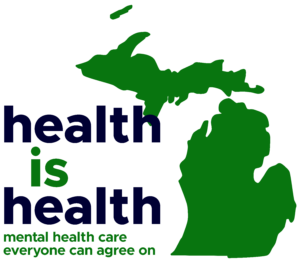
Michigan is experiencing a mental health, substance use, and suicide crisis — and too many Michigan residents aren't getting the treatment they need.
It's Time To Take Action.
Sign the petition
ADD YOUR NAME to a growing list of your neighbors, colleagues, and friends, and tell the Michigan Legislature that mental health access is a priority for all of us.
The Problem
Half of adults Michiganders with a mental health condition did not receive treatment in the prior year.
15.99% of high school students in Michigan experienced major depression and 6 in 10 (60.3%) did not receive mental health services.
In 2021, the equivalent of 11 Michiganders died every day by suicide or an opioid overdose.
Michigan has an opportunity to improve access to mental health and addiction treatment by addressing a critical policy gap.
Unfortunately, ambiguities in state law make it more difficult for plans to know when they are providing parity coverage and can result in people being denied or cut off too early from clinically appropriate mental health care.
With growing mental health needs, more children and adults are affected than ever. State agencies and budgets are also affected because, when people are untreated or undertreated for mental health and addictions, they’re at increased risk of:
Unemployment;
Housing insecurity;
Interactions with law enforcement and the juvenile justice system;
School absences, suspension and expulsion, and dropping out;
Child welfare involvement;
Avoidable emergency department visits and hospitalization; and
Early deaths, such as overdoses, suicide, and untreated comorbid medical conditions.
Solution
Clarify Michigan law in common sense ways to make coverage parity a reality
Require coverage decisions to be consistent with “generally accepted standards of care” and based on transparent, publicly-available treatment guidelines and service intensity/level of care tools developed by relevant clinical specialties;
Prohibit limiting coverage to short-term symptom reduction for chronic conditions, which leads to cycles of relapse and costly emergency department visits and hospitalizations; and
Close gaps in the continuum of care by ensuring parity with physical health for behavioral health intermediate levels of care (such as residential behavioral health services or intensive outpatient therapy) and emergency services.
This important policy step will level the playing field and provide certainty for health plans while providing peace of mind for individuals and families who struggle with mental health and substance use conditions. Three states—Illinois, Oregon, and California—have already acted and Michigan should follow suit.
Join Us
Join the Health is Health coalition as an individual or as an organization by completing the form.
Coalition members agree to:
Support the passage of mental health legislation in Michigan
Amplify coalition messages
Share stories showing the real-world impact on individuals and families and health systems when insurers deny or cut people off too early from needed mental health and substance use care
For organizations wishing to join, please complete this form.
Together we can make Michigan’s mental health and substance use coverage laws clear. Add your name as an individual to show you’re with us.
Contact us
HealthIsHealth@Inseparable.com

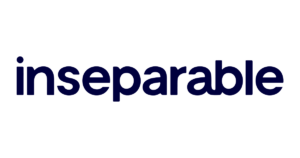

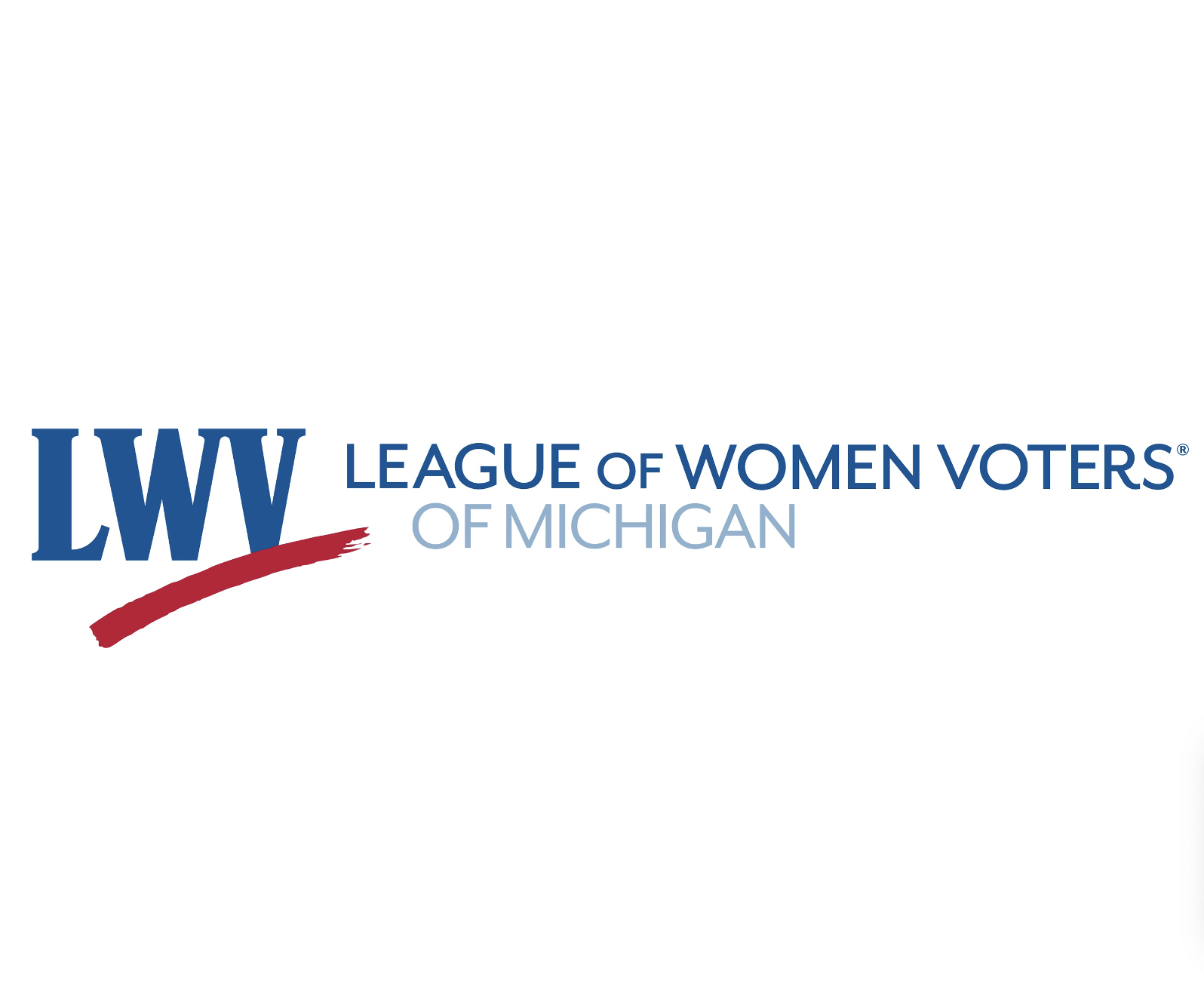

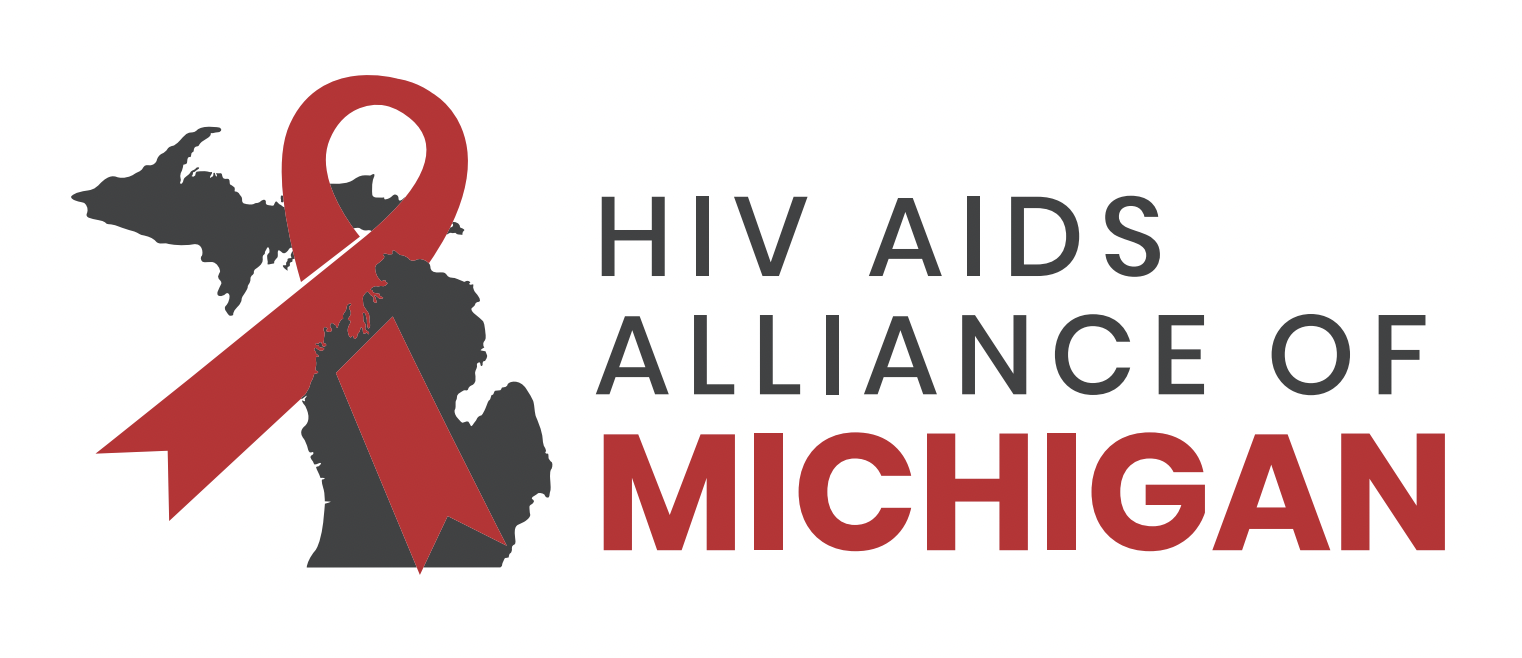

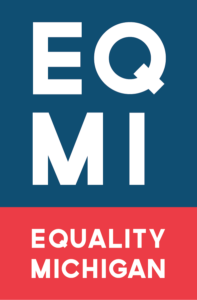
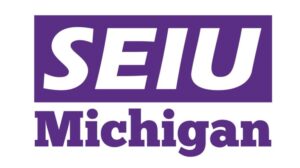

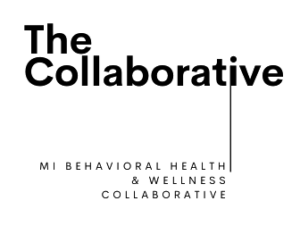
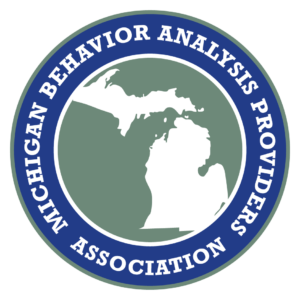
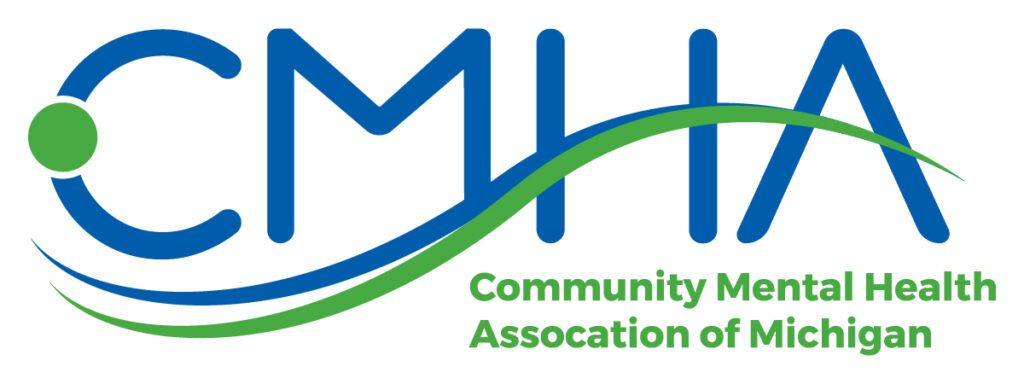
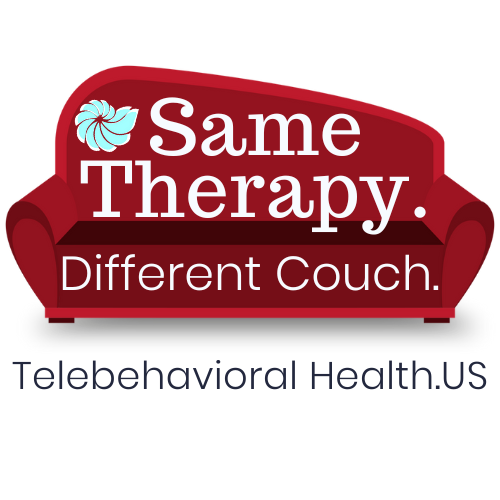
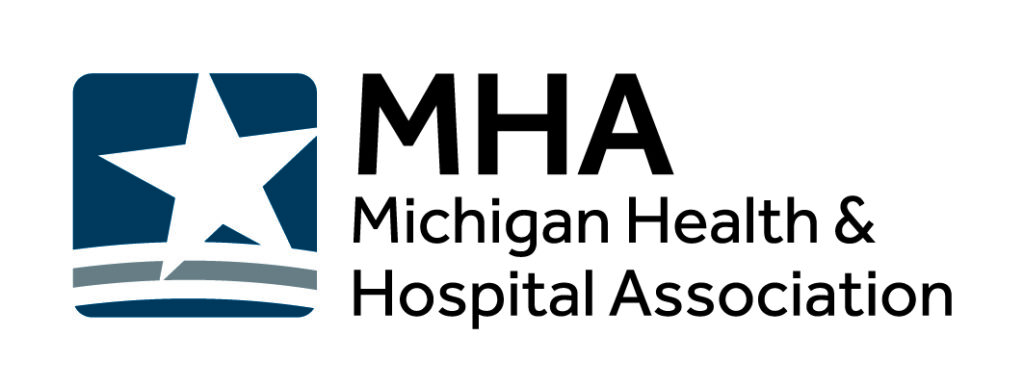
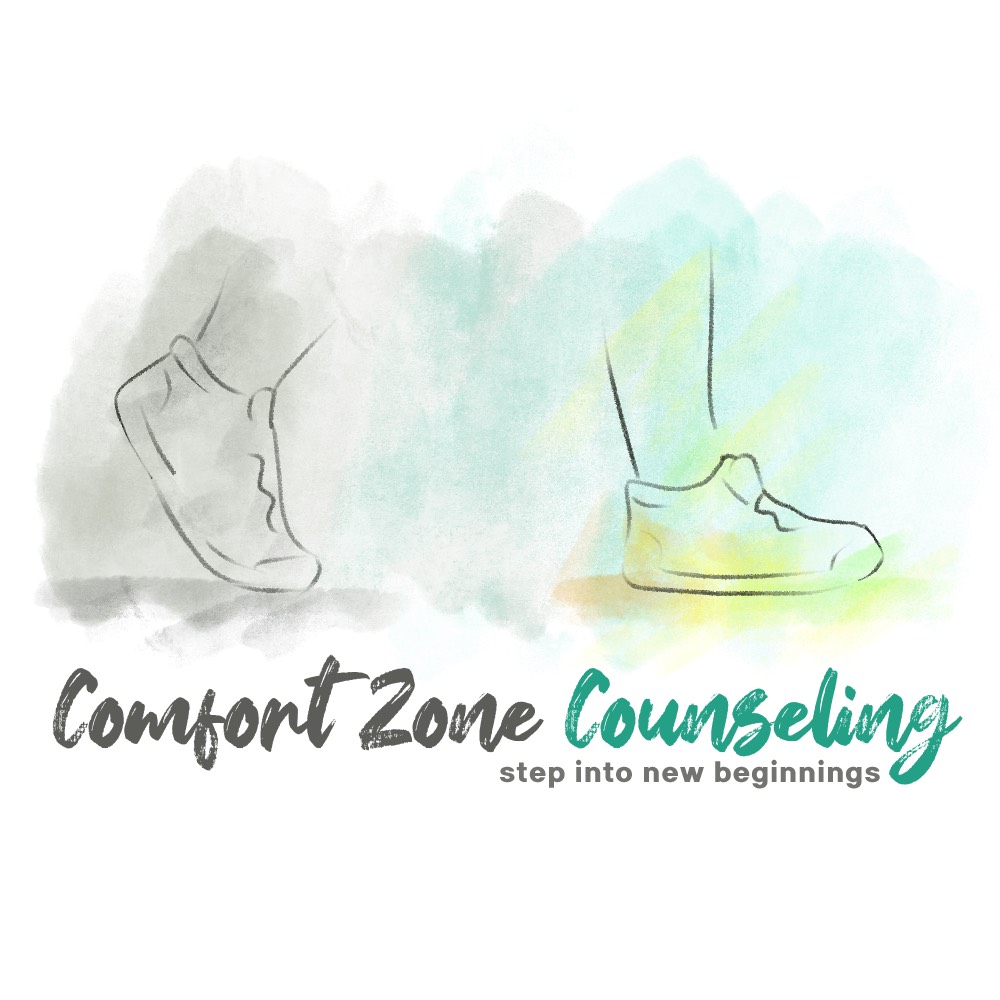

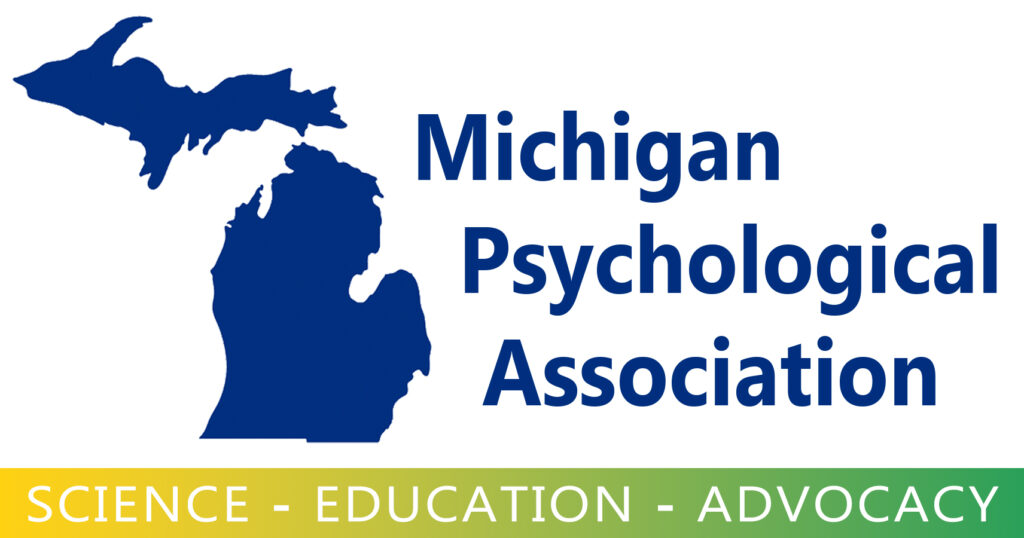
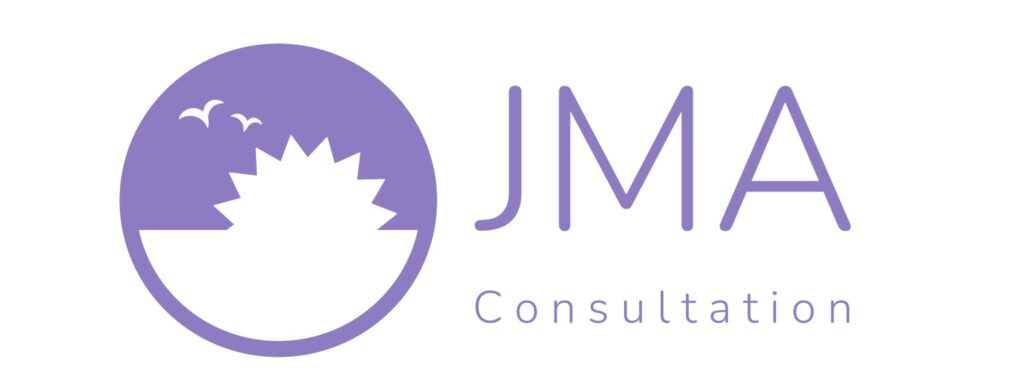





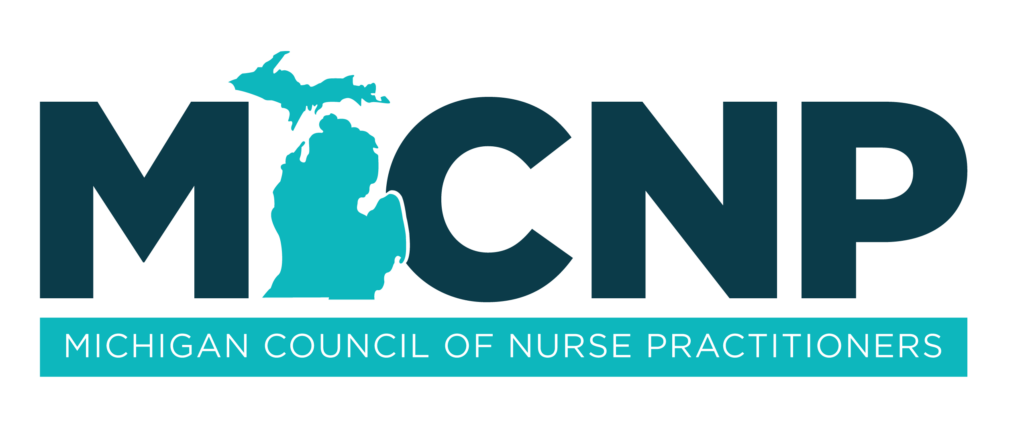
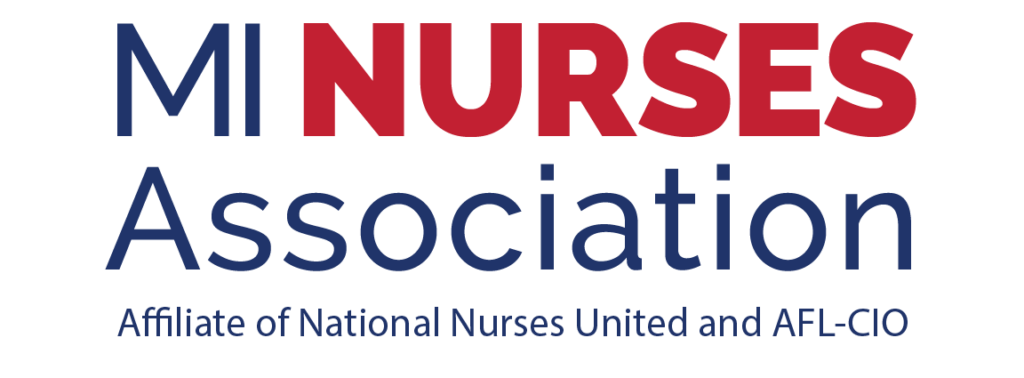

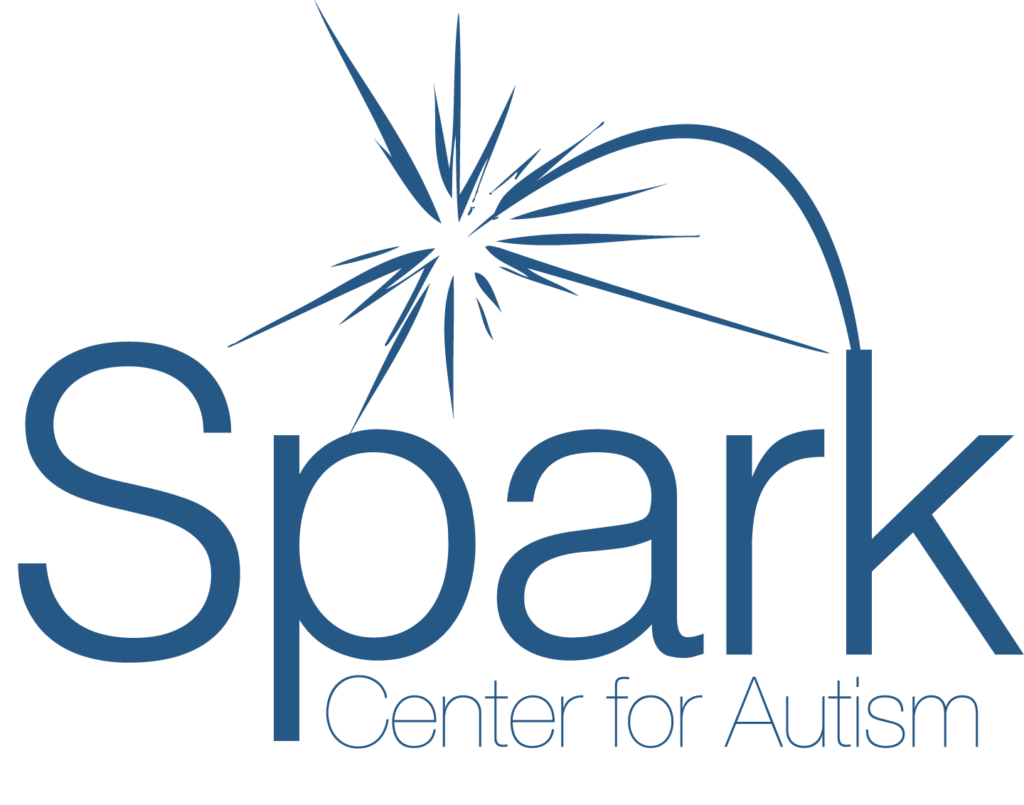
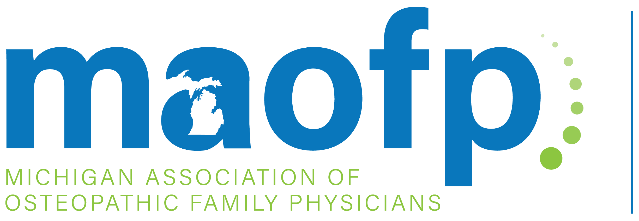


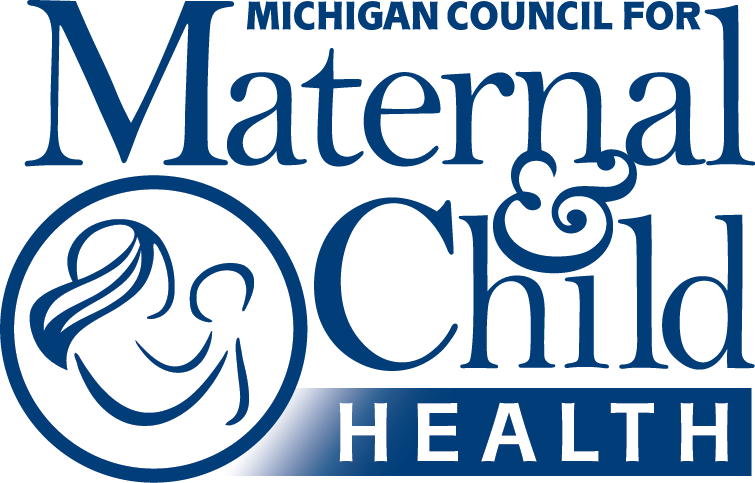

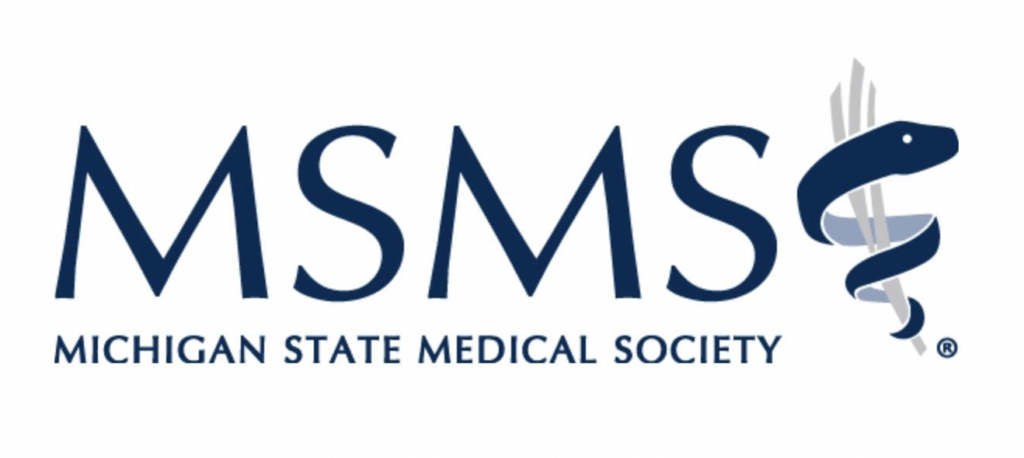
Join Us
Join the Health is Health coalition as an individual or as an organization by completing the form.
Coalition members agree to:
Support the passage of mental health legislation in Michigan
Amplify coalition messages
Share stories showing the real-world impact on individuals and families and health systems when insurers deny or cut people off too early from needed mental health and substance use care